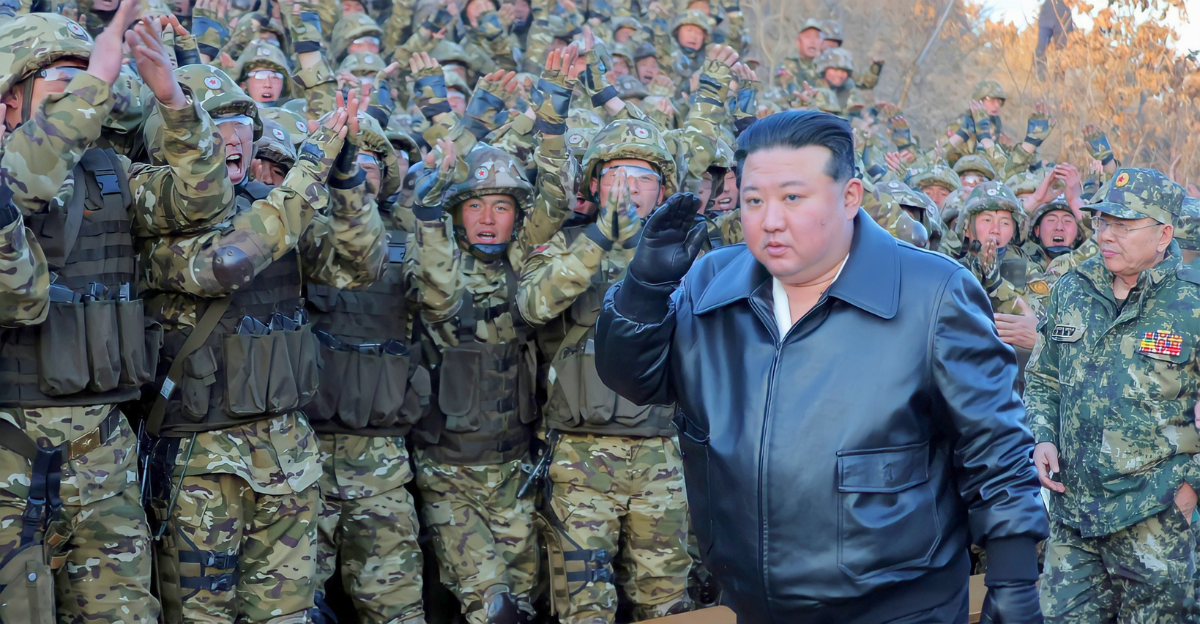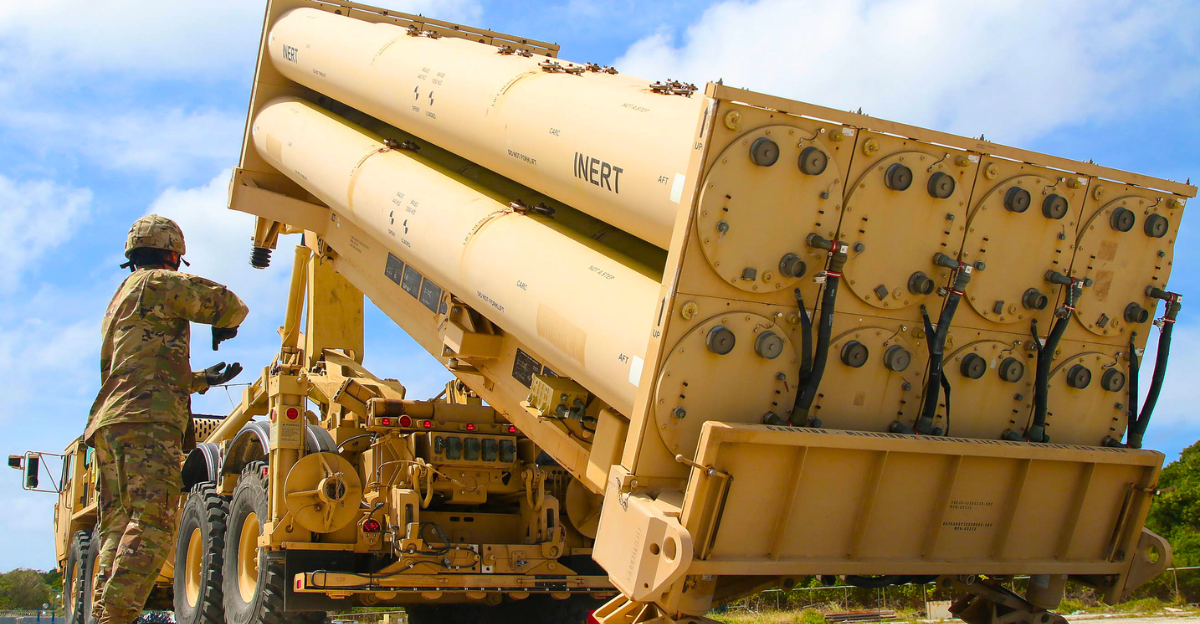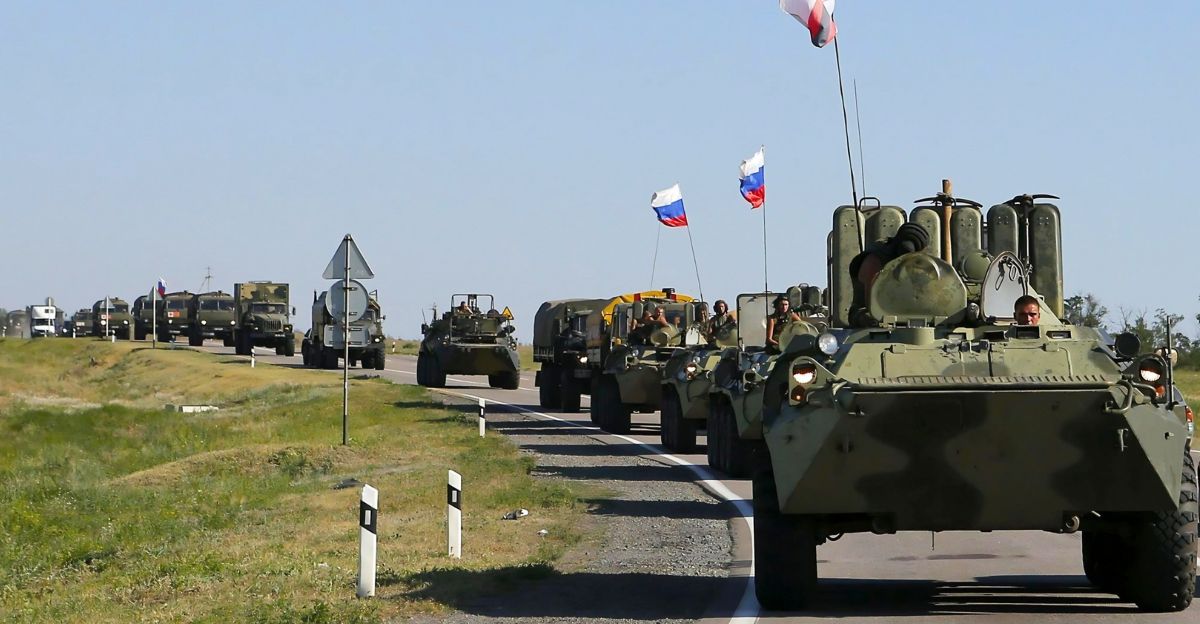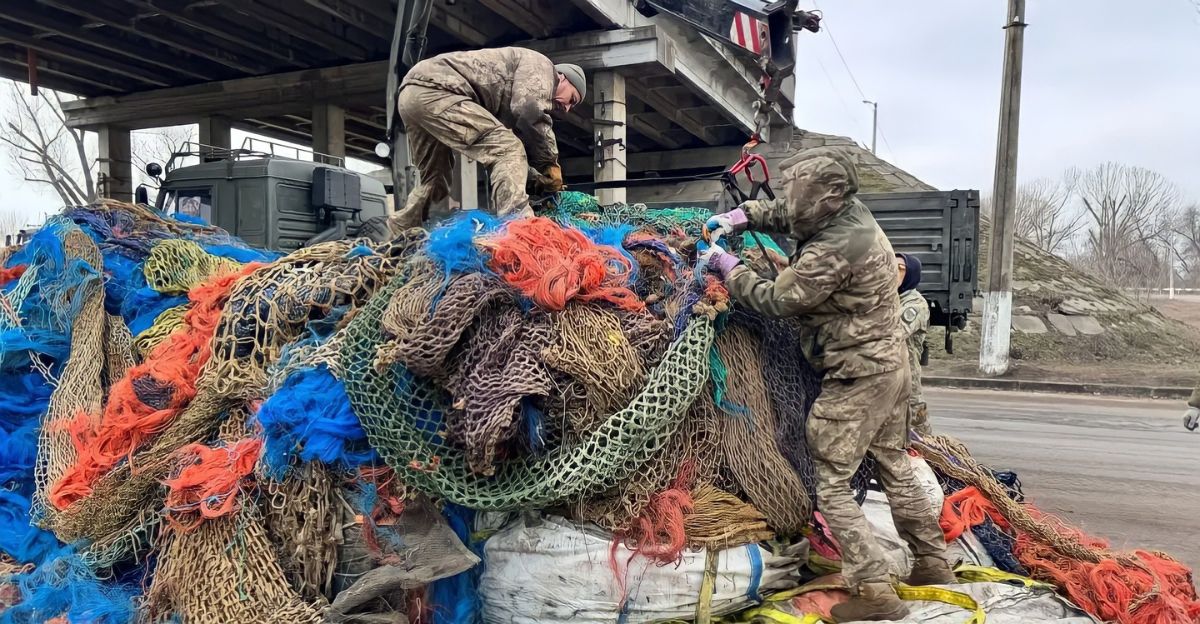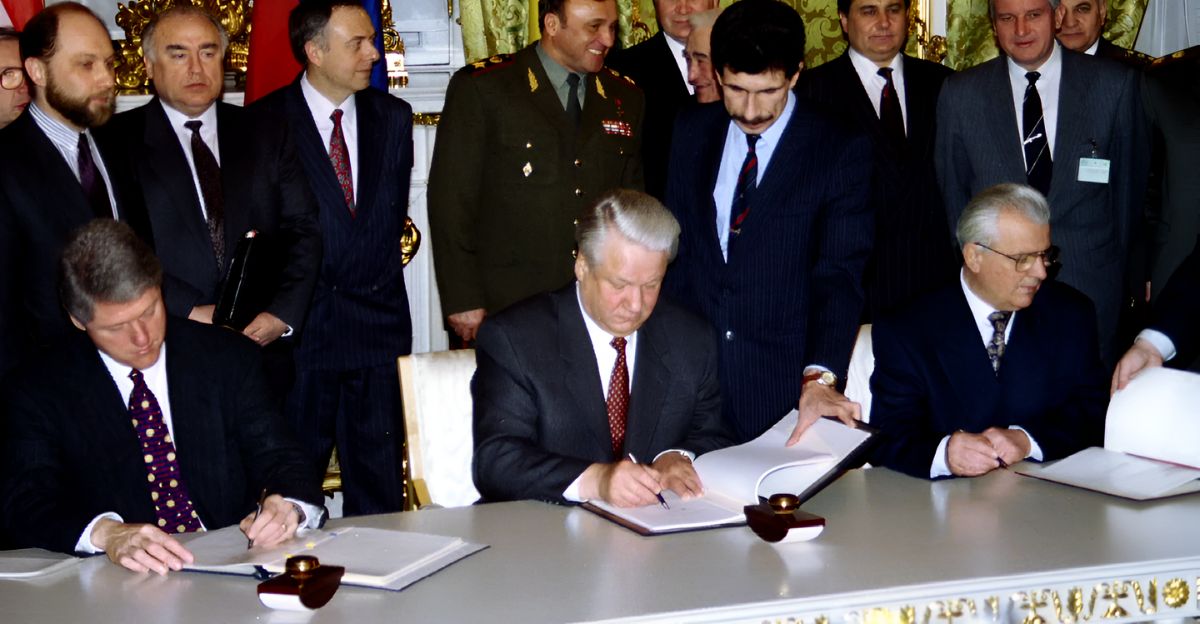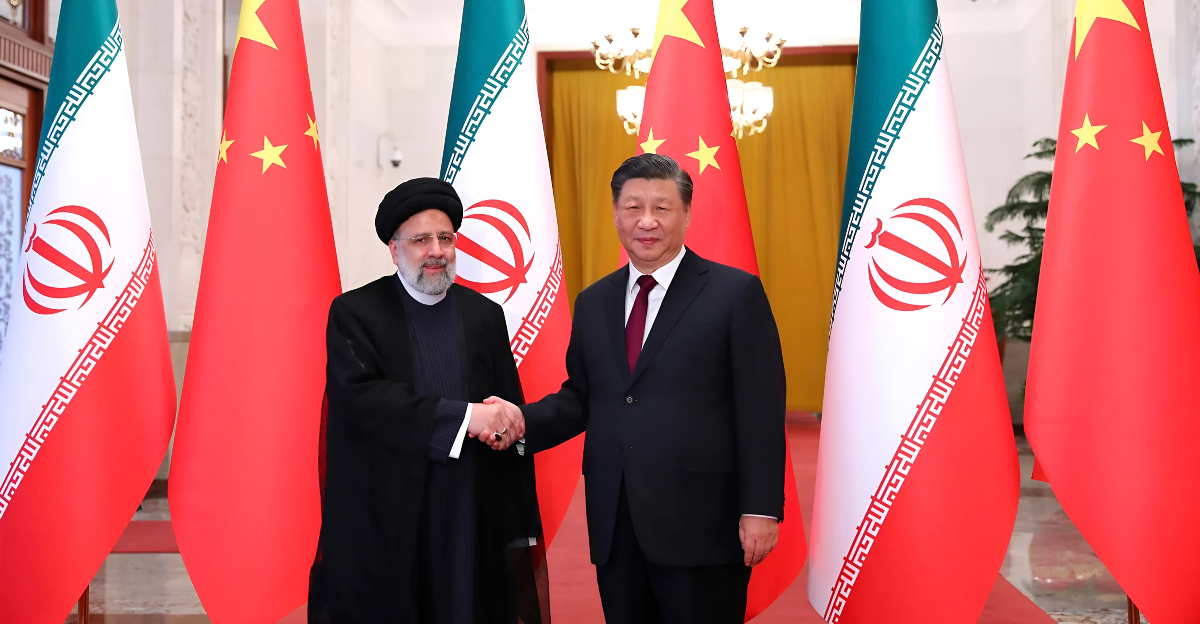
In 2025, Iran finds itself at a critical crossroads, grappling with growing international pressure over its nuclear program and rising regional tensions. Recent clashes with Israel and continued friction with Western powers have left the country increasingly isolated on the world stage.
Despite sanctions and diplomatic challenges, Iran is still a major player in Middle Eastern politics, relying on a network of alliances for support. But right now, everyone is wondering which countries could support Iran if things escalated. Let’s find out.
1. Syria: Iran’s Closest Ally
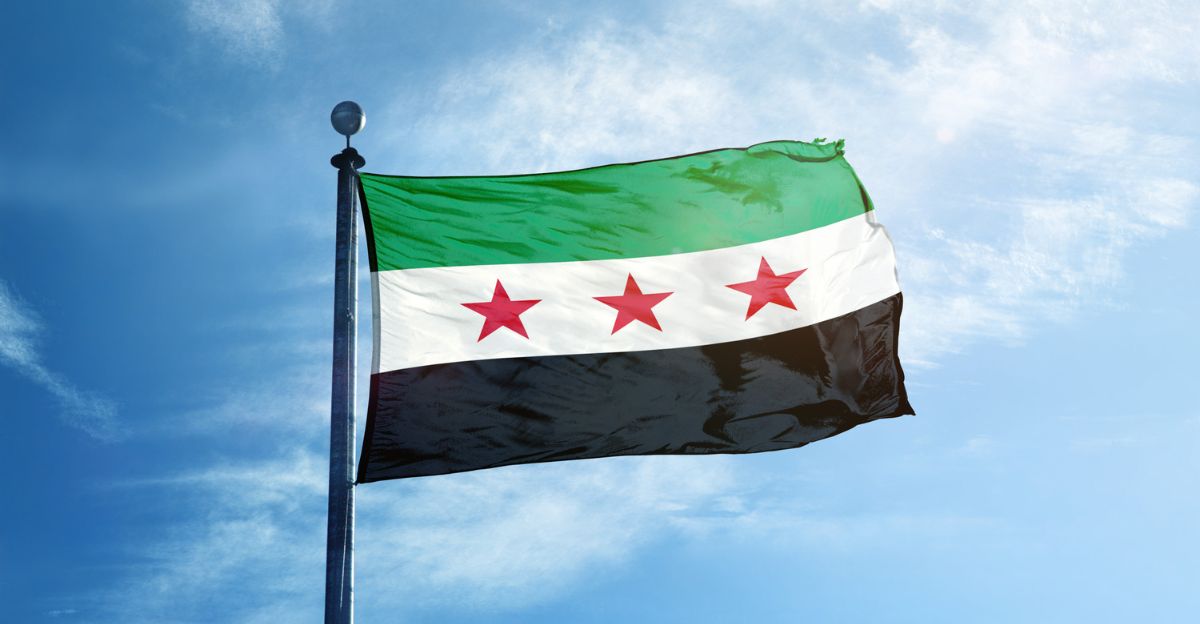
Syria and Iran have maintained a close alliance for decades. Their partnership grew even stronger during Syria’s prolonged civil war when Iran offered vital military and financial aid to support the Assad regime. Over the years, this mutual loyalty has only grown stronger.
Syria relies on Iran as its main backer against outside threats, while Iran views Syria as a gateway to the Mediterranean and an important ally against Western influence. If things were to escalate, Syria would almost certainly support Iran by offering political, military, and logistical backing, arguably making it Iran’s closest ally.
2. Iraq: Deep Connections
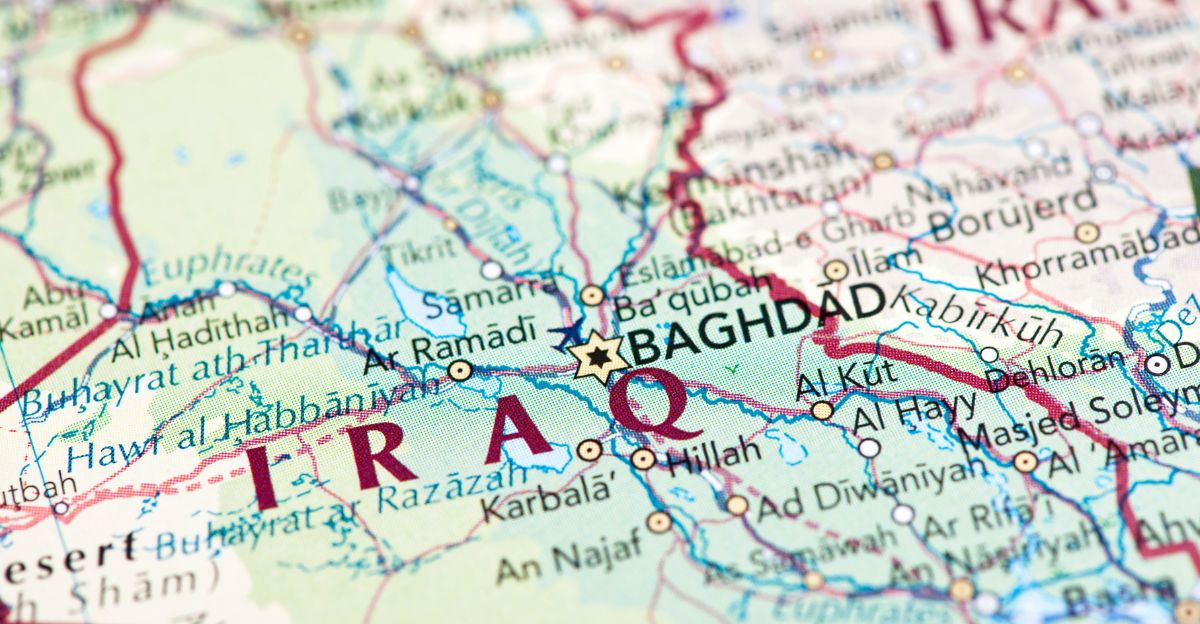
Iraq and Iran have a long and complicated history. However, over the years, their relationship has strengthened significantly, especially among Iraq’s Shia majority. Several powerful Iraqi political parties and militia groups maintain close connections with Tehran, sometimes even more so than with their own government.
Although Iraq’s leaders might try to remain neutral during a major conflict, these influential groups are likely to support Iran by providing supplies, information, or fighters. This relationship means that if tensions were to escalate, Iran could rely on at least parts of Iraq for support.
3. Lebanon: Hezbollah’s Loyalty
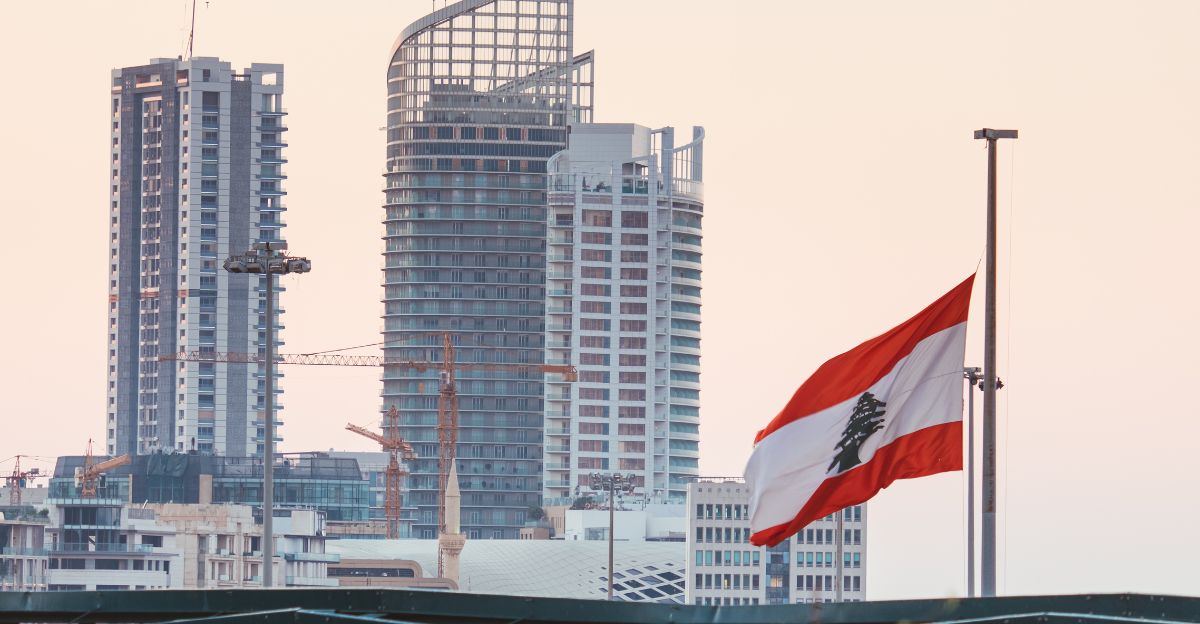
Iran’s influence in Lebanon is centered on Hezbollah, a large political and military group that the country has supported for many years. Hezbollah is extremely loyal to Iran and has often acted in Tehran’s interests, both in Lebanon and elsewhere.
If things escalate in Iran, Hezbollah might provide Iran with military action, intelligence, and political backing. This alliance also allows Iran to project power beyond its borders, keeping its rivals guessing about when and where Iran might strike next.
4. Russia: Strategic Partner

In recent years, Russia and Iran have strengthened their ties, particularly because of their joint support of the Assad regime in Syria. Their partnership is based on mutual interests as they both want to restrict U.S. influence in the Middle East and protect their own strategic goals.
If tensions were to rise in Iran, Russia’s support would depend on its own calculations. However, the country has shown that it is willing to back Iran with weapons, intelligence, and diplomatic muscle when their interests align.
5. China: Economic and Political Support
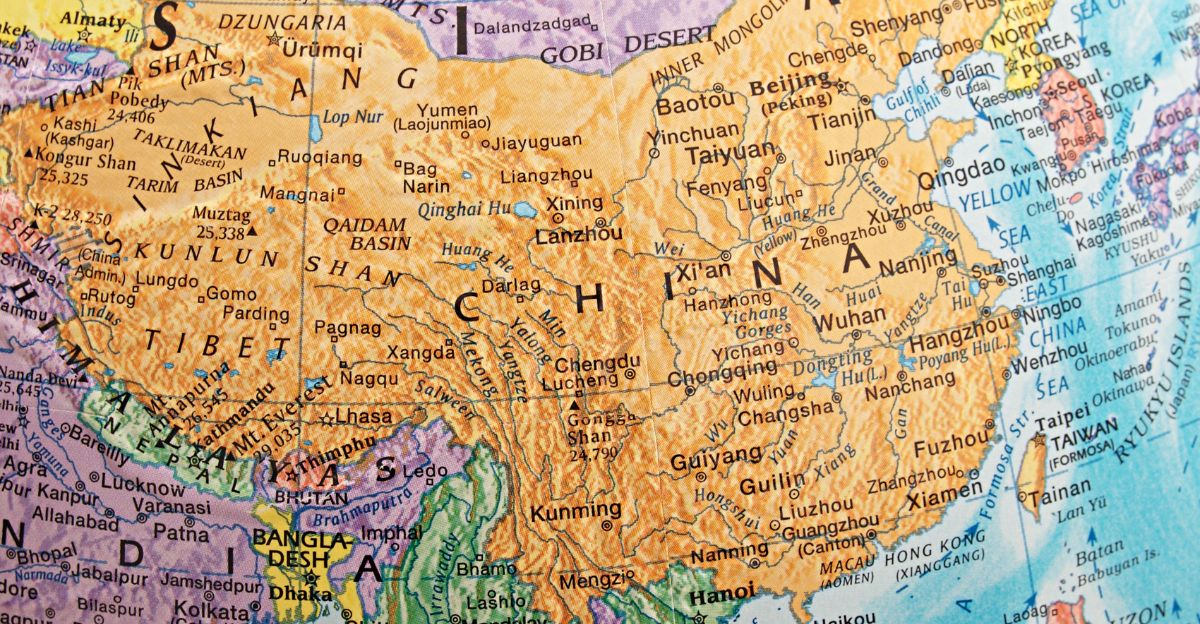
China and Iran’s relationship mainly revolved around trade, especially oil, as well as their mutual interest in challenging U.S. dominance. Despite international pressure, China still supports Iran by buying Iranian oil and investing in the country’s infrastructure.
At the United Nations, China often defends Iran from harsh sanctions or criticism. Though China probably won’t get involved by sending troops, its economic support and political protection are essential for helping Iran survive sanctions and maintain a degree of international legitimacy if conflict escalates.
6. Venezuela: Distant but Loyal
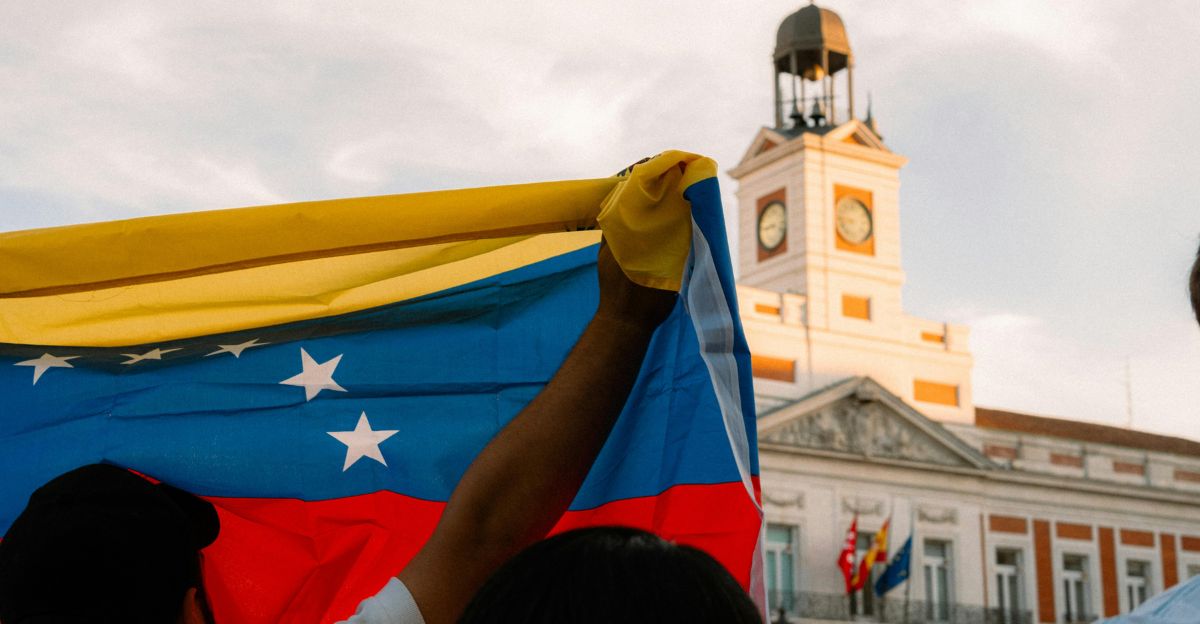
When you look at the world map, Venezuela and Iran might be far apart, but they have built a close relationship thanks to their shared opposition to U.S. policies. These two countries have cooperated on oil deals, trade, and political support over the years.
Venezuela is known to defend Iran, and the two nations have exchanged everything from gasoline to industrial know-how. If things escalate in Iran, Venezuela might become one of the country’s most vocal and loyal allies.
7. North Korea: Unlikely but Possible
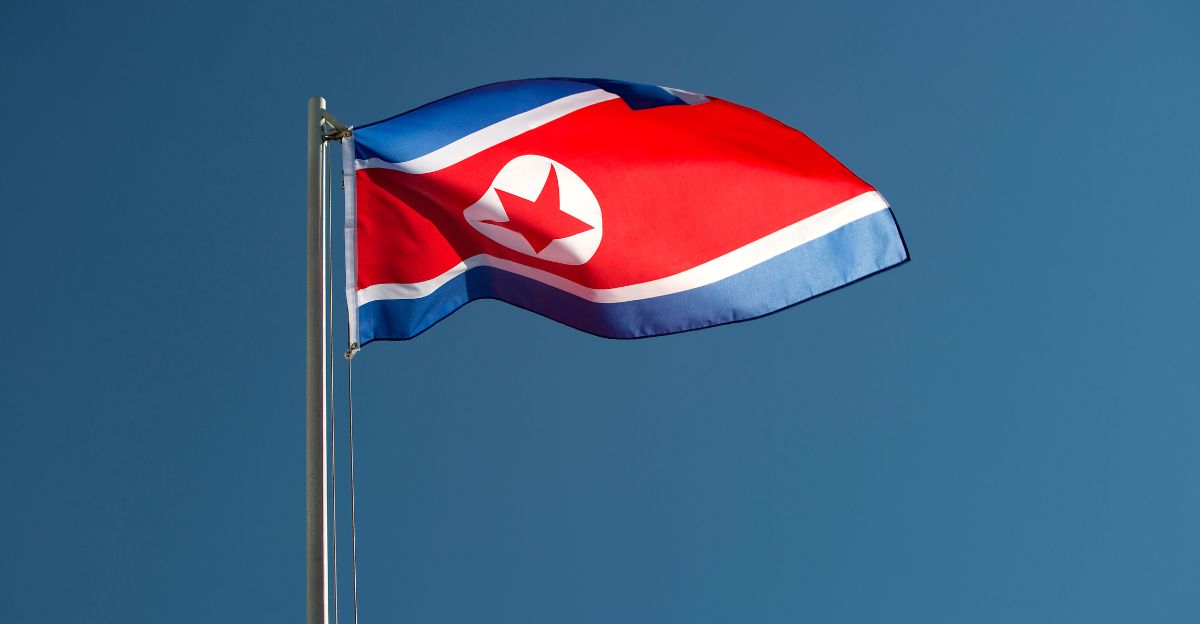
North Korea and Iran are both isolated by a large portion of the world, and they have a history of sharing technology, especially when it comes to missiles and nuclear research.
Though North Korea probably won’t send troops or become directly involved if things were to escalate in Iran, it could possibly offer technical help, intelligence, or public support through statements and propaganda.
8. Qatar: The Quiet Neighbor
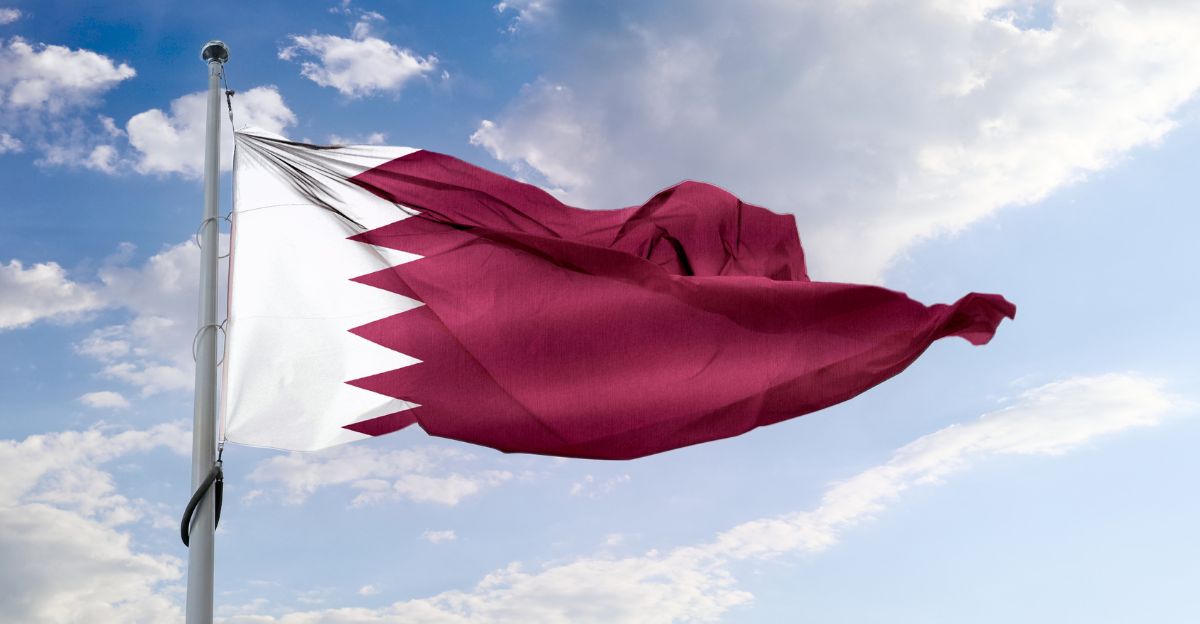
Iran’s relationship with Qatar is complicated. Qatar has strong economic and diplomatic ties with Iran, but it also hosts a massive U.S. military base. Qatar is known to act as a mediator when it comes to regional disputes and prefers dialogue over confrontation.
If the situation in Iran worsens, Qatar is very unlikely to join military action against Iran and could possibly offer quiet diplomatic or humanitarian support.
Their Own Reasons
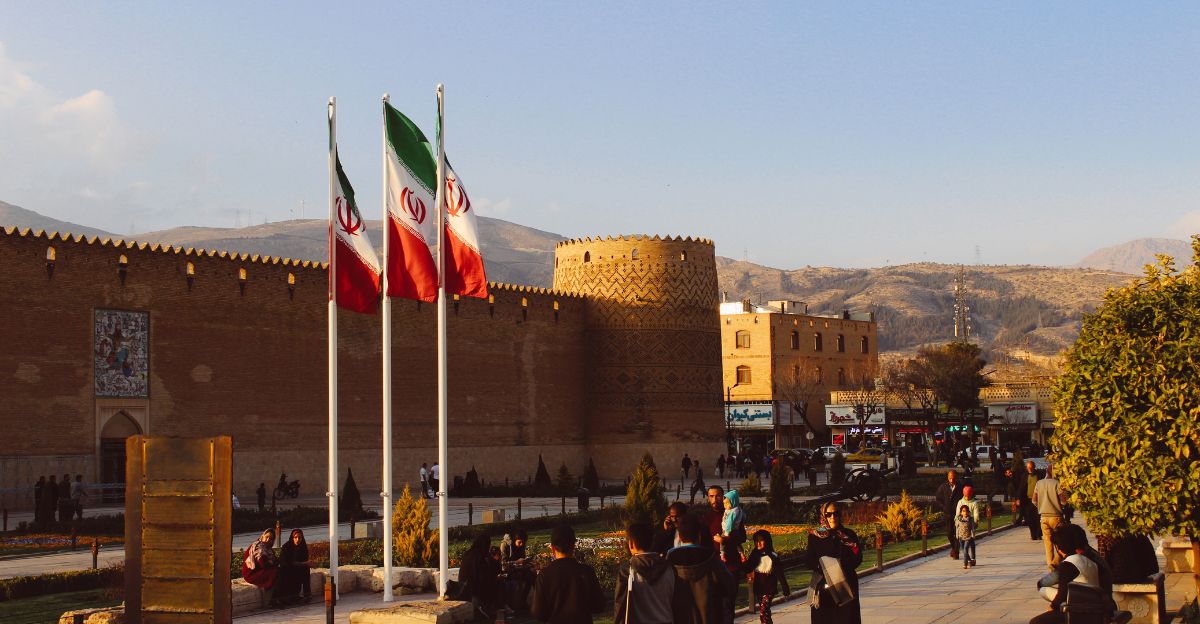
These were the right countries that could help Iran if things escalated. Each country has its own reasons for supporting Iran, from deep-rooted alliances to shared enemies or economic interests.
Together, they form a network that could make a conflict involving Iran way more complicated and unpredictable.
Uncover more fascinating moments from history — and hit Follow to keep the stories flowing to your feed!

Don’t miss more incredible stories from the past! Tap Follow at the top of this article to stay updated with the latest historical discoveries. Share your thoughts in the comments — we’d love to hear your perspective!

